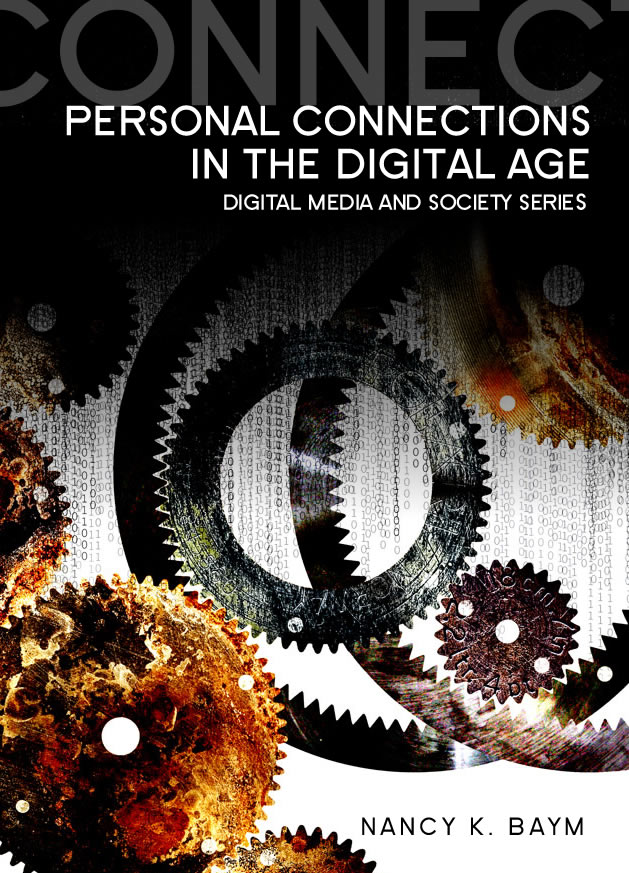Socially-Mediated Publicness: A Call For Papers
Tuesday, September 13, 2011
Please distribute widely!
CALL FOR PAPERS
Special Theme Issue of the Journal of Broadcasting & Electronic Media
“Socially-Mediated Publicness”
Guest Editors:
– Nancy Baym (University of Kansas)
– danah boyd (Microsoft Research)
Editor: Zizi Papacharissi
Social media call into question conventional understandings of what it means to “be public,” what it means to be “in a public,” and even the meaning of “public” itself. New types of publics are emerging because of the technological affordances of social media and individuals may be more visible than ever before, whether they seek this or not. This special issue will explore these issues.
We seek scholarship from an array of theoretical and methodological perspectives that critically examines how public life is reconfigured because of or in relation to social media. We welcome articles from diverse fields, including media studies, communication, anthropology, sociology, political theory, critical theory, etc.
Possible topics include, but are not limited to:
· Processes and practices of building and living in online publics
· How new technologies of publicness affect celebrities, artists, musicians, and other creators
· How mediated publics challenge social, political, and economic assumptions
· The meaning of concepts such as “audience” and “listening” in mediated public spaces
· How counterpublics and intimate publics are reshaped by technology
· The relationships between being public and being part of a public
· Degrees, boundaries, and scales of technologically-mediated publicness
· How new types of publicness reconfigure identity and race, class, gender, sexuality, religion, and/or nationality
In order to be more public, this special issue of JOBEM will be published as an open-access issue. All articles will be available online at the point of publication. The anticipated publication date for this issue is September 2012.
Manuscripts should conform to the guidelines of the Journal of Broadcasting & Electronic Media (http://www.beaweb.org/jobem.htm).
By December 12, 2011, you should send a title, abstract, and list of 5 potential reviewers to jobem.publicness@gmail.com to help us streamline the peer review process.
Articles should be submitted no later than January 6, 2012 at:http://mc.manuscriptcentral.com/hbem (select “Special Issue: Socially Mediated Publicness” as a manuscript type).


 That said, there’ve been so many things I thought to say in the last few weeks, it’s hard to know where to start, so I’ll ease myself in by linking to
That said, there’ve been so many things I thought to say in the last few weeks, it’s hard to know where to start, so I’ll ease myself in by linking to